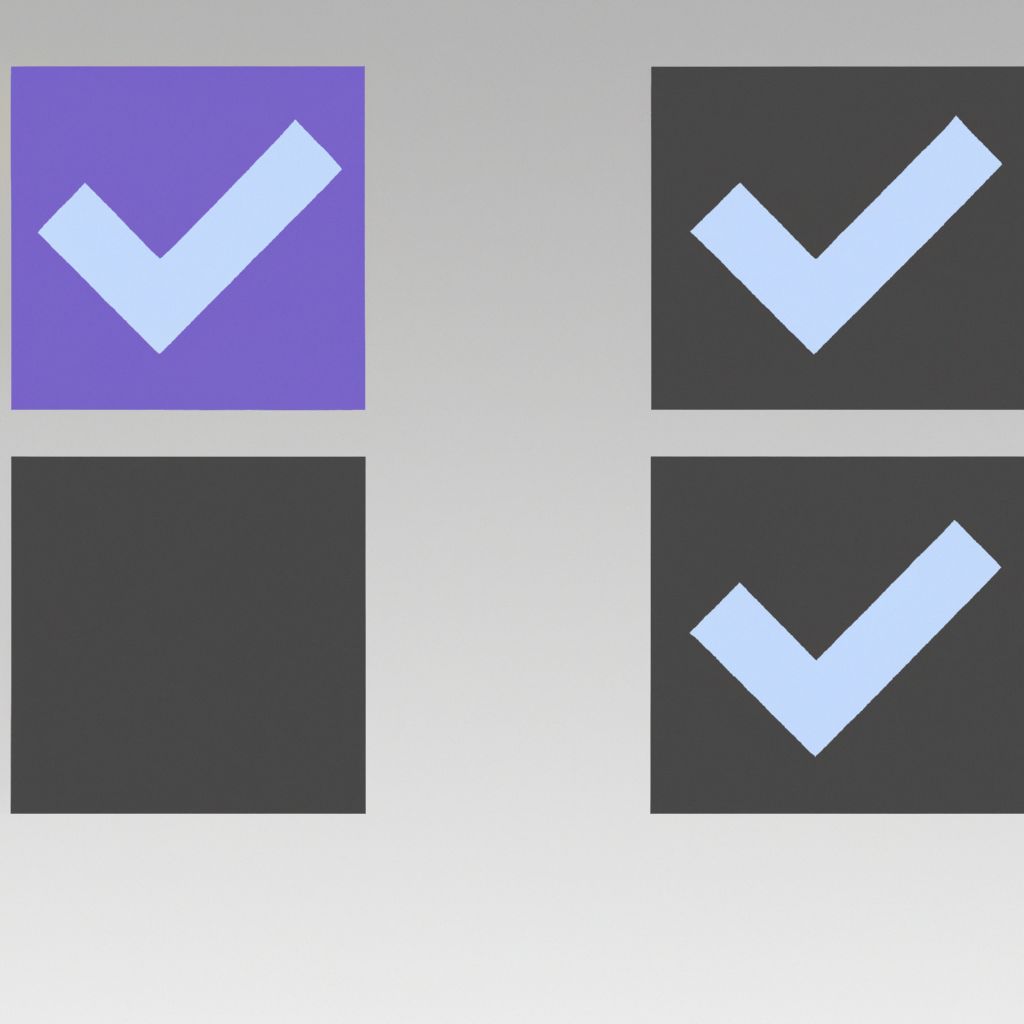Finding Your Security Partner: Selecting from IT Security Assessment Companies
In today's complex threat environment, understanding your organization's security posture is not optional—it's essential. An IT security assessment provides a snapshot of your defenses, identifies weaknesses, and offers recommendations for improvement. However, conducting a thorough and objective assessment often requires specialized expertise beyond internal capabilities. This is where IT security assessment companies come in.
These firms employ security professionals skilled in various methodologies and tools to evaluate your IT infrastructure, applications, policies, and procedures. Choosing the right partner from the many available companies is critical to getting accurate results and actionable insights.
What Services Do IT Security Assessment Companies Offer?
While the term "IT security assessment" is broad, specialized companies typically offer a range of services, often tailored or combined based on client needs:
- Vulnerability Assessments: Automated and manual scanning of networks, systems, and applications to identify known vulnerabilities (like missing patches, weak configurations, common flaws). The output is usually a list of vulnerabilities prioritized by severity.
- Penetration Testing (Pen Testing): Goes beyond vulnerability identification by actively attempting to exploit discovered weaknesses, simulating real-world attack techniques. This tests the effectiveness of defenses and determines the potential impact of a breach. Pen tests can target networks, web applications, mobile apps, cloud environments, APIs, and even physical security.
- Risk Assessments: A broader evaluation that identifies critical assets, analyzes potential threats and vulnerabilities related to those assets, and assesses the potential impact and likelihood of adverse events. The goal is to understand and prioritize overall cybersecurity risk.
- Compliance Audits: Assessing adherence to specific regulatory requirements (e.g., HIPAA, PCI DSS, GDPR, SOX) or industry standards (e.g., ISO 27001, NIST Cybersecurity Framework). This helps organizations meet legal obligations and demonstrate due diligence.
- Security Architecture Review: Evaluating the design and configuration of network infrastructure, cloud deployments, or specific security solutions (like firewalls or SIEM) against best practices.
- Policy and Procedure Review: Assessing the effectiveness and completeness of internal security policies, incident response plans, disaster recovery plans, and security awareness programs.
- Social Engineering Assessments: Testing employee awareness and adherence to security policies by simulating phishing attacks, pretext calling, or physical access attempts.
Criteria for Evaluating IT Security Assessment Companies
Not all assessment firms are created equal. Use these criteria to evaluate potential partners:
- Expertise and Certifications: Do their assessors possess relevant industry certifications (e.g., OSCP, CISSP, CEH, GIAC certifications)? Do they have deep expertise in the specific type of assessment you need (e.g., cloud penetration testing, application security)?
- Methodology: What frameworks and tools do they use? Is their assessment methodology transparent, repeatable, and aligned with industry standards (like PTES, OWASP Testing Guide, NIST)?
- Experience: How long have they been performing assessments? Do they have experience in your specific industry and with organizations of your size and complexity? Can they provide relevant case studies or references?
- Reporting Quality: Ask for sample reports. Are the findings clear, concise, and actionable? Do they provide practical remediation guidance prioritized by risk? Is the report tailored for both technical staff and executive management?
- Communication and Support: How do they communicate during the assessment process? Are they available to answer questions and discuss findings? What post-assessment support do they offer?
- Scope Definition: Do they work closely with you to clearly define the scope, objectives, and rules of engagement for the assessment? A poorly defined scope leads to poor results.
- Tools and Technology: While expertise is paramount, inquire about the commercial and proprietary tools they utilize to ensure comprehensive testing.
- Reputation and Trustworthiness: Check reviews, testimonials, and their standing in the security community. You are trusting them with access to potentially sensitive systems.
Key Questions to Ask
- Describe your methodology for [specific assessment type].
- What are your team's qualifications and certifications?
- Can you provide anonymized sample reports relevant to our needs?
- How do you ensure the safety and confidentiality of our data during testing?
- What is your process for handling critical findings discovered during an assessment?
- How do you differentiate your services from competitors?
Choosing an IT security assessment company is a significant decision. By focusing on expertise, methodology, experience, and reporting quality, you can select a partner that provides genuine value, helping you understand your true security posture and make targeted improvements to protect your organization.
Disclaimer: This post represents the view of the individual author that wrote it and not necessarily the view of Rarefied Inc.
Looking for professional security testing?
Based on your interest in this topic, you might benefit from our specialized security services:
